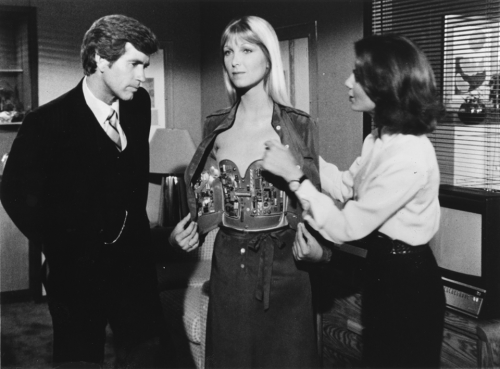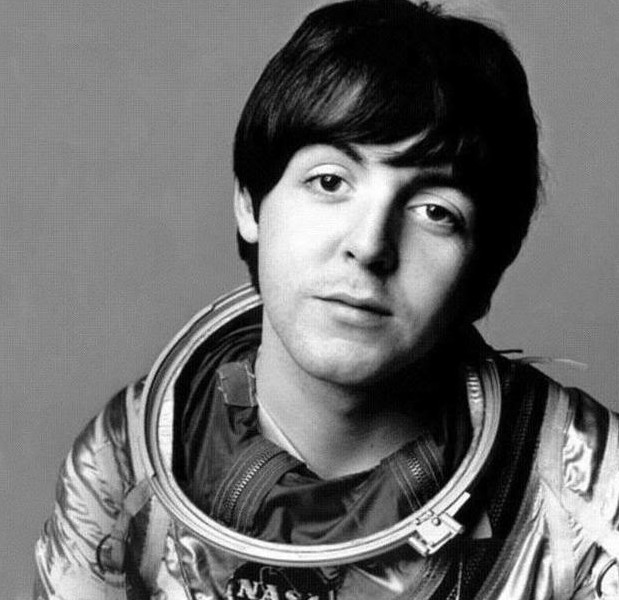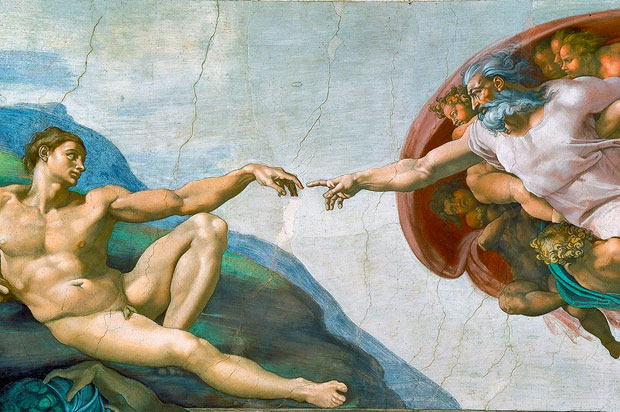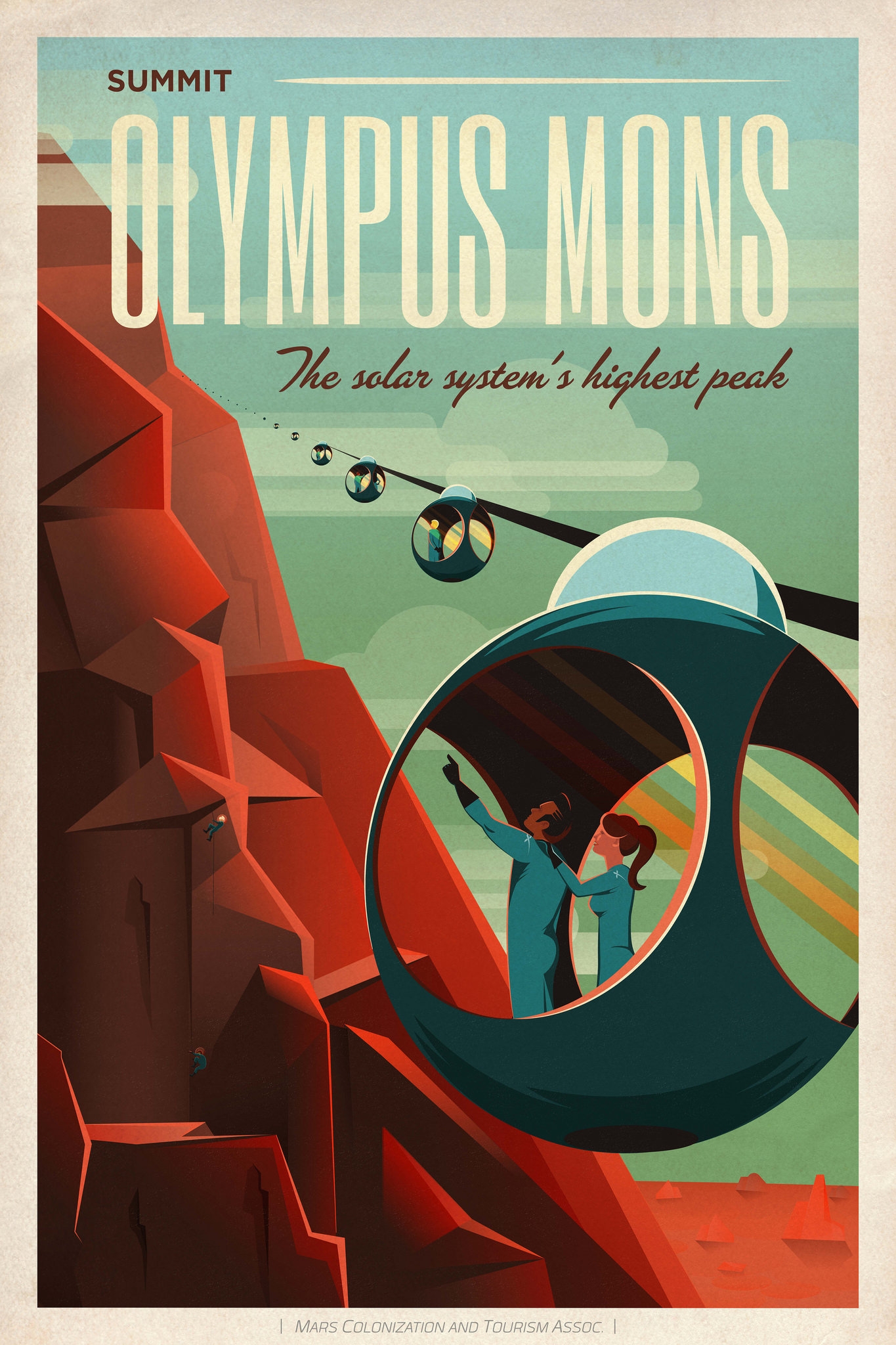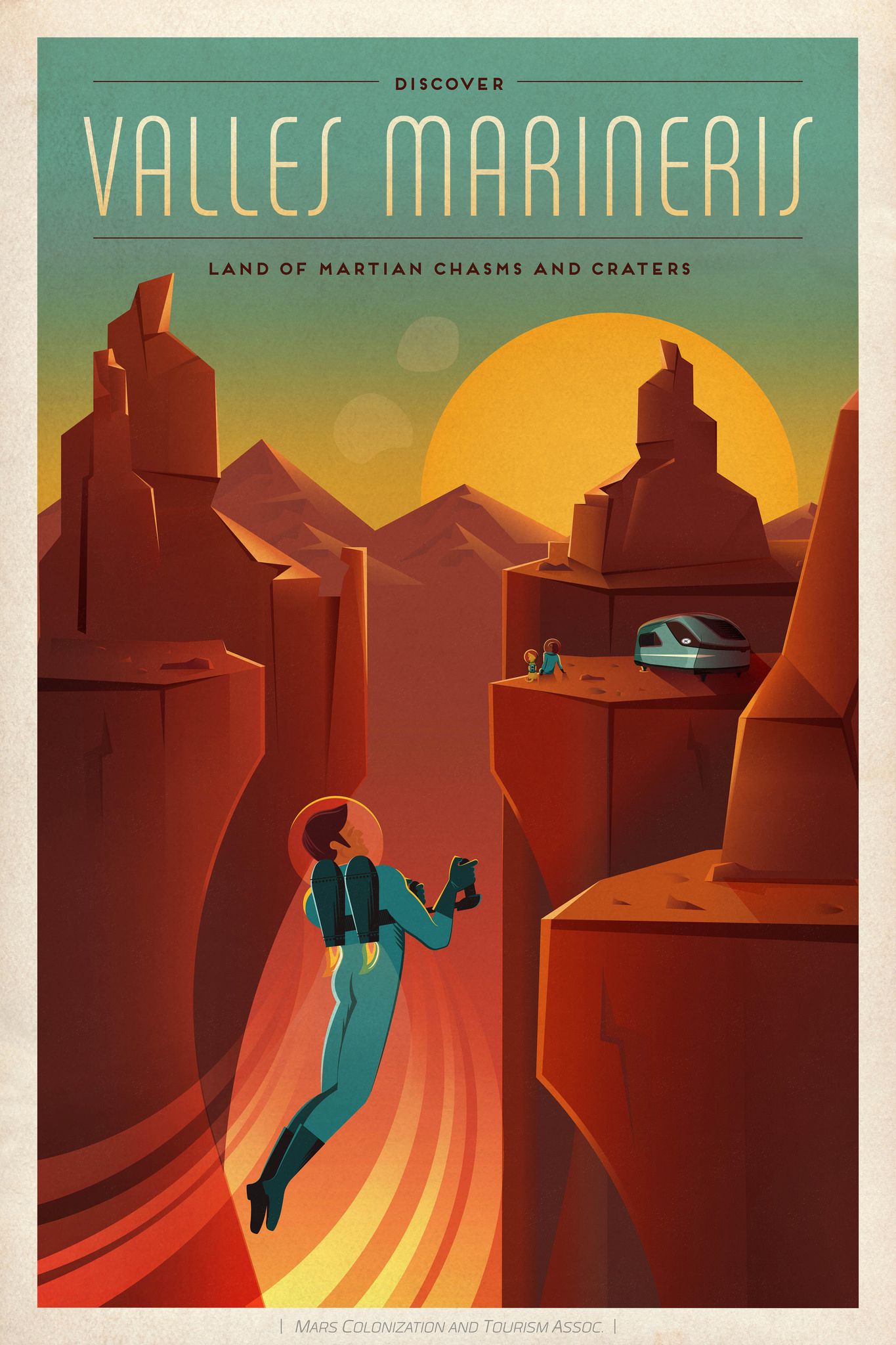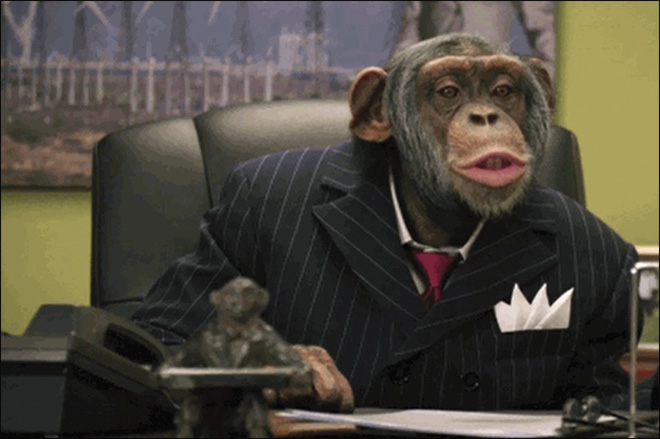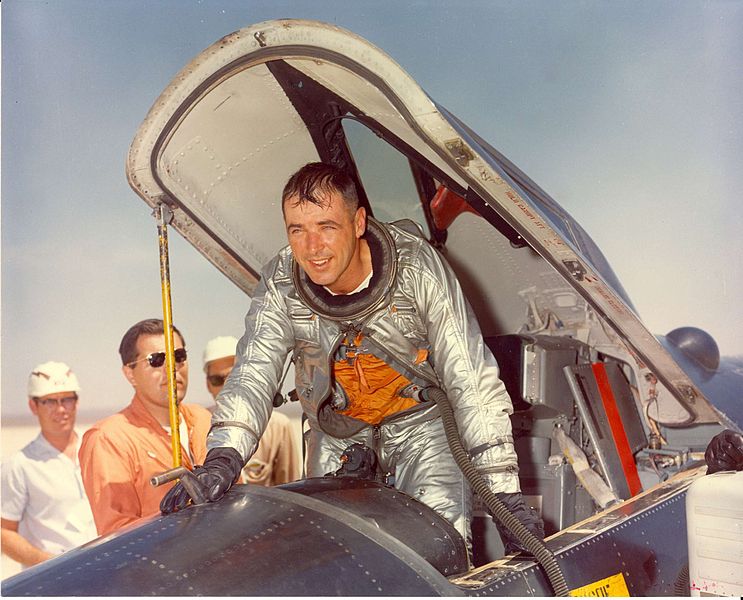Critical though I sometimes am of the aggressive timelines of Ray Kurzweil’s predictions, I acknowledge finding him endlessly interesting. The Singularitarian-in-Chief sat down with Neil deGrasse Tyson in Manhattan for a public conversation about all things future. Kurzweil thinks tomorrow’s nanotechnologies will be broadly accessible to all classes as smartphones are today, which is probably true, but his argument that this availability will limit wealth inequality doesn’t seem to follow. Smartphones, after all, have not been equalizers.
From Jose Pagliery and Hope King at CNN Money:
CNNMoney asked Kurzweil: What happens to inequality in this future? Will brain superpowers and health be limited to the rich?
“Yeah, like cell phones,” Kurzweil responded. “Only the rich have access to these technologies — at a point in time when they don’t work.”
Industry perfects products for mass consumption, Kurzweil noted. And the tech will inevitably get cheaper. As computer makers keep doubling the number of chips on a circuit board, the “price performance of information technology” doubles every year, he said.
“Nanobots will be available to everyone,” Kurzweil said. “These technologies are ultimately democratized because they keep getting less and less expensive.”
And even if Kurzweil thinks AI will probably replace many of today’s workers, he’s optimistic about future jobs for humans. But when Tyson pressed him to name specific jobs, Kurzweil was stumped. After all, no one in 1910 could predict today’s computer chip designers and website developers.•

